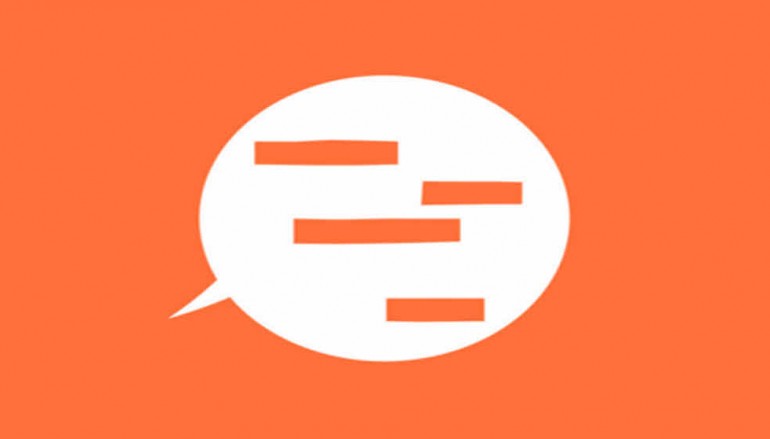
Dancing in Shackles: Today, Your AdBlock Is Taking a Stand Against Censorship
CYBER CENSORSHIP THREATENS the future of the Internet, which is why Amnesty International and Internet browser extension AdBlock are marking the World Day against Cyber Censorship by offering AdBlock’s 50 million users the opportunity to see messages on their screen that governments have tried to silence.
These include messages from US whistleblower Edward Snowden, Russian pop group Pussy Riot and Chinese artist Ai Weiwei. We are also broadcasting powerful messages from North Koreans who escaped from their country but cannot communicate with loved ones left behind who risk being sent to political prison camps if their messages are detected.
At the zenith of the uprisings that came to be known as the “Arab Spring,” commentators lauded the progressive power of the Internet. At the time, Google executive and activist Wael Ghonim said: “If you want to liberate a society, give them the internet.” Vendors on Cairo’s Tahrir Square sold t-shirts proclaiming “Facebook Revolution.”
Five years on, we are seeing a swift and brutal counterrevolution, as governments around the world seek laws and technology to control the Internet, often in the name of countering terrorism and protecting national security.
Since 2011, Egypt has bought monitoring systems and has systematically stalked conversations on Facebook, Twitter and YouTube as well as email and phone. Across the Middle East and North Africa—in Algeria, Bahrain, Kuwait, Morocco, Saudi Arabia and the United Arab Emirates—state authorities have used criminal insult and defamation laws to prosecute and imprison online critics. This January, Kuwait passed a new cybercrime law that threatens people who express their opinions online, such as criticism of the government, with 10-year jail sentences.
This is a phenomenon that reaches far beyond the Middle East and North Africa.
In 2015, Amnesty International documented people being arrested for what they said or did online in at least 16 countries. In recent months, we have seen convictions for social media posts in Singapore, Bahrain, Myanmar, and Kazakhstan. In Malaysia, cartoonist Zulkiflee Anwar “Zunar” Ulhaque is on trial for “sedition” because of his tweets criticizing the government.
In China, for example, a new cybersecurity law requires internet service providers to disclose information about their users to the authorities. Foreign media will soon be unable to publish news online. Websites of NGOs like Amnesty International are already inaccessible.
It is up to all of us to resist these dystopian visions of an Internet not as a force for positive social change but a tool for censorship and mass surveillance. But tech companies will have a major part to play in deciding whether governments or people control the Internet.
The NSA files revealed by Edward Snowden showed that the world’s biggest intelligence agencies were spying on global internet and mobile communications on an industrial scale. Meanwhile, companies based in countries such as the UK, Germany, Italy and the USA export technology that allows governments to beef up their ability to spy on and disrupt the online activities of human rights activists, bloggers and journalists.
More and more countries are passing laws enabling Internet censorship and surveillance, but big Internet and communications companies should not bow to rules that violate human rights and endanger freedom of expression. They must refuse to be complicit with cyber censorship and instead invest in new, better encryption and privacy technology. Computer behemoth Apple is taking a bold step in this direction by fighting an FBI order that could undermine iPhone security.
Governments who seek to control the Internet may say, like China, that they want to preserve “cyberspace sovereignty”. Companies on the receiving end of this kind of rhetoric must realize the weight of responsibility that lies on their shoulders; the millions of people they could be endangering if they became complicit to repression.
As Chinese blogger Su Yutong, described to us after she was forced to flee her country: “Some people say that for China internet is a gift from God. However, for internet users in China, it is more like dancing in shackles.”
Source | Wired





